Updated Sept 29th, 2023
There’s no doubt about it… making your own baby food saves you money!
A simple pound of carrots can be used to create a stockpile of meals for a baby food beginner at a fraction of the cost of commercially prepared purees.
And once you discover how much you can save by making your own baby food, it becomes something of an addiction to find MORE ways of cutting costs in the kitchen!
So we thought it would be fun to put together a list of our top tips and techniques for saving money when preparing food for baby AND for the rest of the family.
Some are quite simple – and some depend on where you live and what’s available in your area.
But we hope there are a few ideas on our list that you hadn’t thought of and that might help you cut back in unexpected ways.

Our Money Saving Kitchen Tips
- Plan your weekly menu before you go shopping.
OK, it’s not as much fun as impulse buying, but it DOES prevent waste because you’ll already have a purpose in mind for every ingredient you purchase.
- Make your own yogurt, which is often cheaper than buying the commercial variety.
- Don’t buy pre-prepared/pre-cut vegetables or fruits.
Not only are they more expensive than ‘whole’ produce items, they often begin to decline in nutritional value as soon as they’re cut AND they won’t last as long when you get them home.
To save time, prep your own veggies in large batches using a food processor and store them in portions in the freezer for future use.
- Buy legumes like split peas and garbanzo beans in their dried form rather than canned.
Not only are they cheaper, you also won’t need to worry about whether or not extra salt has been added.
- If you buy too many fresh herbs, chop them, place them in a zip top bag and freeze them for future use.
Better still, grow your own herbs if the climate is right in your corner of the world!
- Keep vegetable scraps for making vegetable stock.
We save everything – the outer leaves of cauliflower, for example, the cauliflower stem, the woody, tough ends of asparagus…. just toss them in a bag in the freezer and wait until you have enough to create a stock that will taste infinitely better than the commercial kind!
- Use up leftover cooked vegetables by pureeing them with cream cheese to make a dip.
- Don’t buy grated cheese – grate your own.
It’s really worth splashing out on a decent food processor with a grating attachment, which makes it possible to grate a whole block of cheese in mere seconds!
- Label EVERYTHING you put in your freezer, with the date and what it contains.
Otherwise, you may end up throwing away perfectly good food because – a) You can’t identify it! or b) You don’t know how long it’s been there!
- Check out your local ethnic grocery stores.
You may be quite surprised at just how much cheaper many items are compared to ‘mainstream’ supermarkets.
- When making meat sauces, substitute some of the meat for finely chopped veggies or tofu.
Not just cheaper, but nutritious too!
- Shop from bulk bins wherever possible – better for your pocket AND better for the environment.
There’s just one caveat, though – do ensure that the food in the bins is properly covered and that the store is sufficiently busy to ensure that the stock is regularly rotated, otherwise the food may be stale.
- If you cook chicken, turkey, or any joint of meat containing the bone, use the carcass or bones to make stock before tossing the bones away.
- Whenever you freeze ANYTHING, remember to freeze it in small portions.
You are much more likely to use them up.
- Buying cut-up chicken pieces can be costly.
It might be cheaper to buy a whole chicken and cut it up yourself.
- Grind your own meat to make burgers etc with a good, old-fashioned manual Meat Grinder (Amazon)
- Make the most of everything you cook.
For example, roast a couple of chickens in one go – have roast chicken for dinner that evening, set some aside for a chicken salad the next day, and chop some up and freeze in small portions for future meals (such as stews or soup).
Slice the rest and freeze in separate servings for sandwich fillings (cheaper than buying pre-sliced meat from the store).
- If you’re going to be using the oven for an extended period of time, then decide if there’s anything extra you can put in it to make the most of the heat!
For example, if you’re roasting a piece of meat, why not pop in a few sweet potatoes or a couple of apples wrapped in foil, so you have some extra baby food on hand!

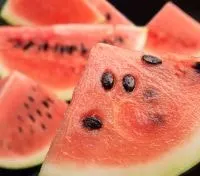




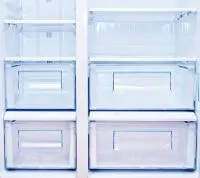
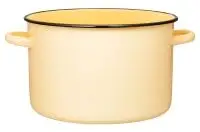
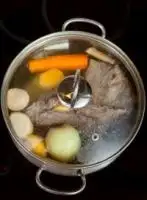

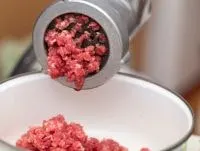


We’d LOVE some more ideas to add to this list – so please do leave a comment and tell us about your cost-cutting cooking tricks and tips!
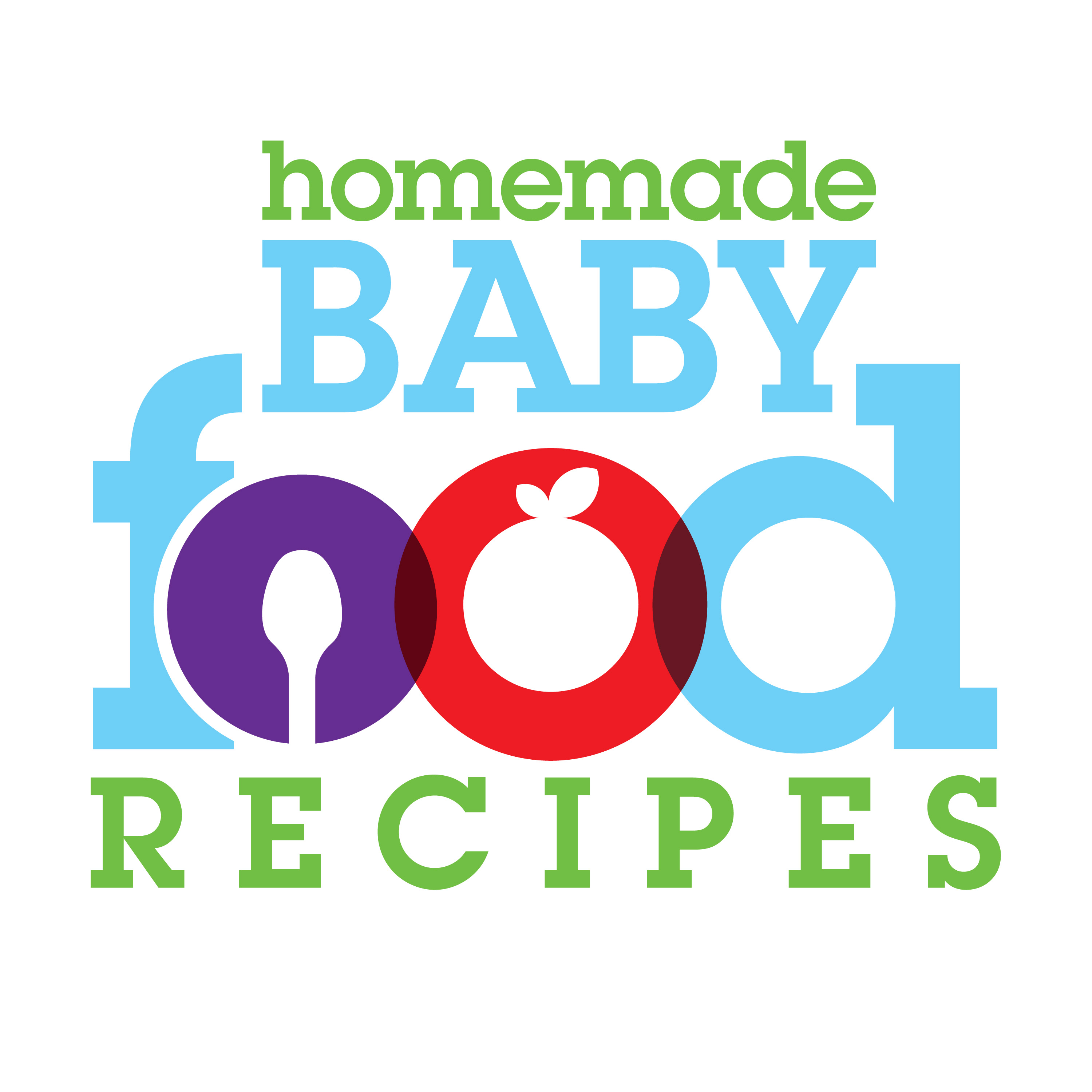
Chicken and Macaroni Finger Food Fun | The Homemade Baby Food Recipes Blog
Monday 25th of October 2010
[...] life SO much easier to have some cooked meat readily available – and as we mentioned in our Money Saving Tips post back in April, it’s so easy to roast a couple of chickens in one go, then use them to [...]
Jenn
Wednesday 5th of May 2010
I make my own bread with a bread maker that my friend gave me when she moved. Not only is it cheaper than buying at the grocery store, but it's healthier and more delicious as well. The bread maker makes it really easy. It only takes a few minutes to whack the ingredients in an that's it...
Jennifer
Thursday 15th of April 2010
if not using food scraps for stocks use them for compost. Great for your garden and the environment.
Jennifer
Thursday 15th of April 2010
We grow our own veggies, shop at farmers markets and gladly accept veggies left over from neighbors gardens. Many of these veggies are great if you freeze them yourself for later use.